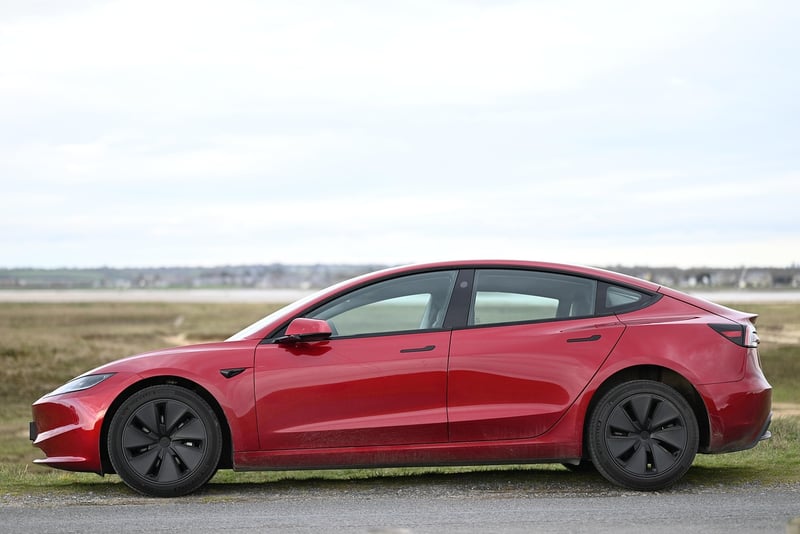Future Innovations
Exploring Time Periods and Future Innovations
The Past: Learning from History
Studying history allows us to understand the progress made by humanity over the years. From ancient civilizations to the industrial revolution, each time period has contributed to our current state of knowledge and technology.
Ancient Civilizations
Ancient civilizations like the Egyptians, Greeks, and Romans laid the foundation for architecture, mathematics, and governance. Their innovations in engineering and philosophy still influence us today.
The Industrial Revolution
The industrial revolution brought about mechanization and mass production, transforming economies and societies. Inventions like the steam engine and the telegraph revolutionized communication and transportation.
The Present: Current Technological Landscape
Today, we live in a world driven by technology. Innovations in artificial intelligence, biotechnology, and renewable energy are shaping our future. Understanding these advancements is crucial for staying relevant in a rapidly changing world.
Artificial Intelligence
Artificial intelligence is revolutionizing industries like healthcare, finance, and transportation. Machine learning algorithms analyze vast amounts of data to make predictions and decisions, paving the way for autonomous systems.
Biotechnology
Biotechnology is unlocking new possibilities in medicine, agriculture, and environmental conservation. Genetic engineering, CRISPR technology, and bioinformatics are at the forefront of innovative solutions to global challenges.
The Future: Anticipating Innovations
As we look to the future, several emerging technologies show great promise in transforming our world. From space exploration to quantum computing, the possibilities are endless.
Space Exploration
Space exploration is pushing the boundaries of human knowledge and opening up new frontiers. Missions to Mars, asteroid mining, and space tourism are on the horizon, offering opportunities for discovery and innovation.
Quantum Computing
Quantum computing has the potential to revolutionize computing power and solve complex problems at a speed unimaginable with classical computers. Quantum supremacy is a goal that could reshape industries like cryptography, drug discovery, and climate modeling.
By learning from the past, embracing current technologies, and anticipating future innovations, we can navigate the ever-changing landscape of progress and continue to push the boundaries of human achievement.





